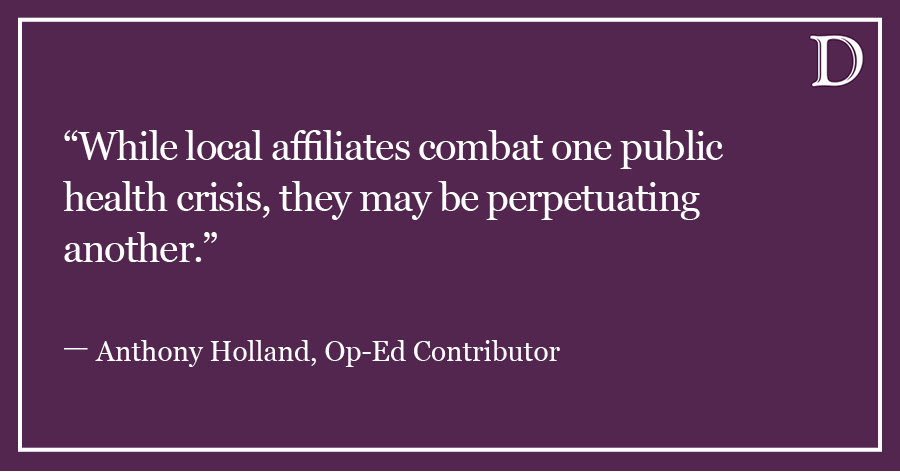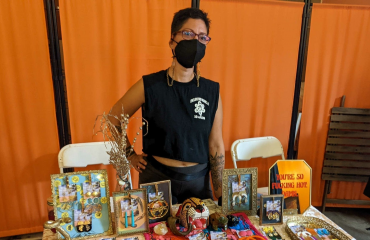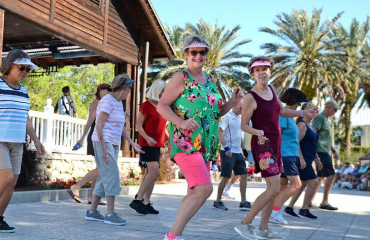Opinion | Are restrictions exacerbating mental healthcare inequities? – Daily Northwestern
Anthony Holland, Op-Ed Contributor
January 5, 2022
Content warning: This story contains mentions of suicide.
On the heels of U.S. Surgeon General Dr. Vivek Murthy’s most recent advisory highlighting the urgent need to address the nation’s youth mental health crisis, many cities like Chicago, Washington, D.C. and San Francisco have pushed through a patchwork of restrictions in response to the omicron variant.
Though an unintended correlation, the release of these new restrictions is coinciding with a drastic increase in the American public’s inclination to seek COVID-19 testing — inundating an already beleaguered and wearied American healthcare system. However, the unfortunate impact of overwhelming the healthcare system is the drawback of in-patient walk-in treatment.
The lack of these services has serious implications for mental health. Deteriorating mental wellness caused by social isolation during the pandemic is compounded by the fact that even before the pandemic, 24.7% of adults reporting mental illness and 60% of youth with major depression in the U.S. did not receive sufficient treatment.
This is placed further into stark relief when coupled with several analytical trends. Suicide is the second leading cause of death in Americans aged 18 to 34, high school students with significant depression are more than twice as likely to drop out and students with mental, emotional and behavioral concerns are three times more likely to repeat a grade.
In the absence or reduction of outpatient services, both mental health clinics and telehealth have become increasingly integral in the nationwide push toward remote healthcare. Mental health conditions account for 61.2% of all nationwide telehealth claims but social inequities behind internet access prevent some patients from receiving care.
A 2017 report from the United States Congress Joint Economic Committee stated that only 61% of residents in rural America and two-thirds of Americans over 65 had access to broadband Internet. Additionally, compared to 82% of white residents, only 74% of Hispanic residents, 70% of Black residents and 65% of Indigenous residents had access to broadband Internet.
There are also discrepancies in who uses telehealth services. Recent research demonstrates that elderly patients, in addition to Black and Hispanic patients, are less likely to use telehealth services than in-person healthcare, raising questions on the accessibility of remote care.
Furthermore, pre-pandemic, 48% of white people received mental health services compared to 31% of Black and Hispanic people and 22% of Asian people. These discrepancies, due to a lack of diversity and cultural understanding among mental health professionals or inadequate health insurance, are only exacerbated by telehealth’s accessibility problem. Thus, while local affiliates combat one public health crisis, they may be perpetuating another.
Society’s shift from in-person to remote working and learning environments accentuates long-existing disparities in the healthcare system. The underlying biomedical rationale for closing schools, businesses and mass transit systems is to facilitate safe, clean environments to conduct work and school. Officials want to stop the spread by expanding access to the world via modern technology. However, this approach inadvertently, yet notably, discounts how the virtual healthcare system already underserved Black, Hispanic and elderly patients, and thus causes these groups to seek less care.
“Since the onset of the outbreak, it has been clear that communities of color are disproportionately impacted. However, the impacts on these communities have been obscured by critical data gaps,” said Rep. Donald Payne, Jr. (D-N.J.), then-chairman of the U.S. House Subcommittee on Emergency Preparedness, Response and Recovery.
The negative economic externalities resulting from COVID-19 policy have disproportionately impacted people of color. In March 2020, people of color represented 58% of the newly unemployed, though they composed 37% of the labor force just one month earlier, as reported by McKinsey & Company. It is particularly poignant that even a major consulting firm, which likely profited from the economic chaos of the pandemic, is willing to acknowledge who pays the price of the lockdowns. This disproportionate unemployment is particularly damaging during a pandemic given that many people in the U.S. receive healthcare through their employer.
As local officials across the country attempt to protect the general welfare of the public, it cannot go unsaid that the risks and acceptability of said efforts may be perceived as increasingly inaccessible by segments of society. While advancements in technology have brought efficiency and new ways to reimagine connectivity, healthcare, work and modern evolution in our pandemic world, we must also ask our lawmakers to rigorously weigh the costs and benefits of implemented measures. Without acknowledging the harmful effects of remote healthcare, they may be doing more damage to the very communities they’re aiming to protect.
Anthony Holland is a Northwestern graduate student. If you would like to respond publicly to this op-ed, send a Letter to the Editor to [email protected]. The views expressed in this piece do not necessarily reflect the views of all staff members of The Daily Northwestern.
Men’s Basketball: After early success, Northwestern struggled to find shooting foothold in loss to Penn State
January 6, 2022
Men’s Basketball: Penn State’s clutch shooting dooms Northwestern late, Wildcats fall again at home
January 6, 2022
Former mayoral candidate Sebastian Nalls looks to fill 9th Ward council seat
January 6, 2022
Amaral: Northwestern is great. Why can’t we have more of it?
January 5, 2022
Sign up to receive our email newsletter in your inbox.
What is your favorite song off of Red (Taylor’s Version)?
View Results
Northwestern University and Evanston's Only Daily News Source Since 1881





